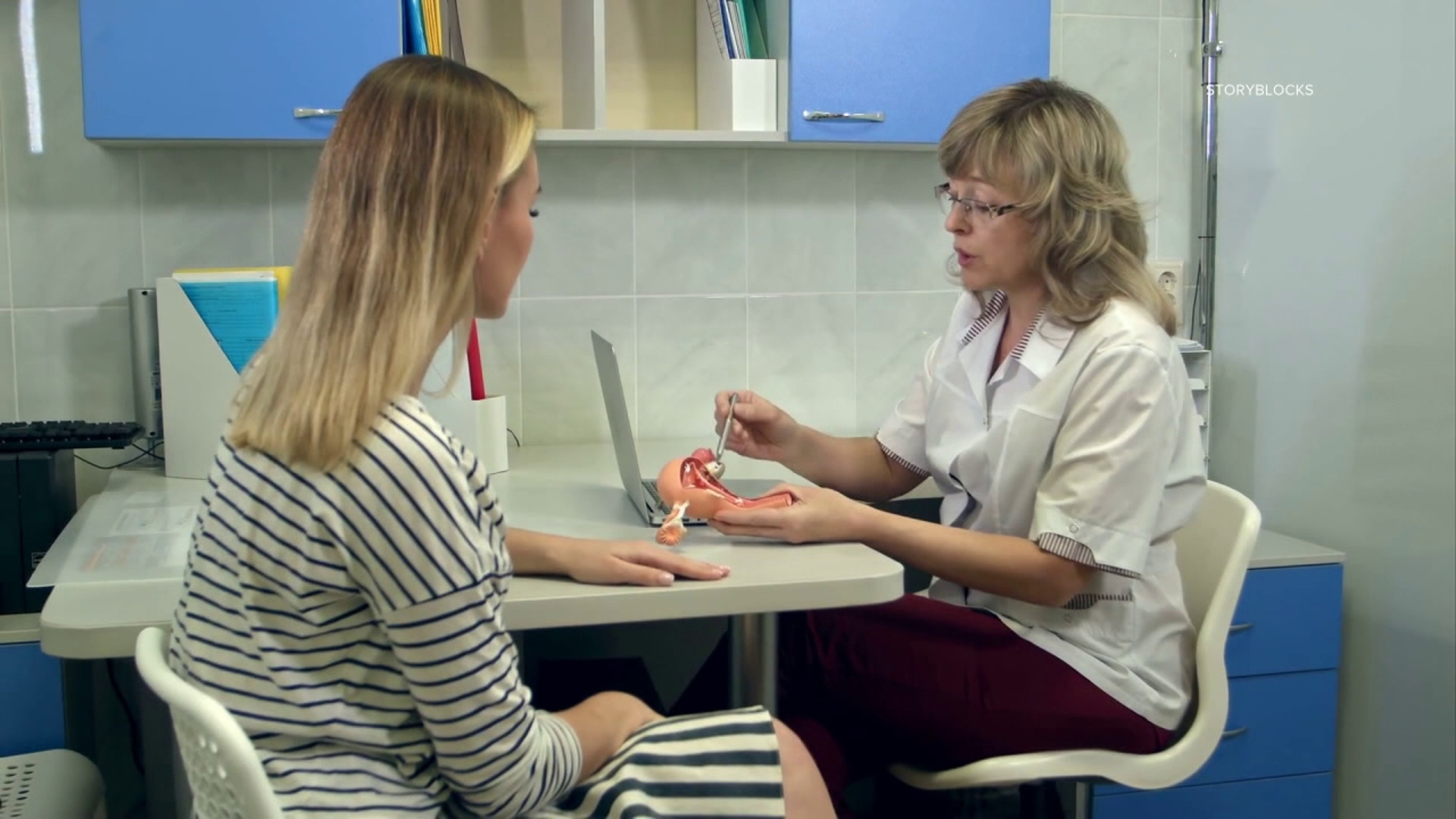PENNSYLVANIA, USA — Some women are reluctant to talk about prolapse. Dr. Michael Bonidie, a urogynecologist and the director of robotic gynecology at UPMC specializes in the condition and treats women in the Williamsport and Pittsburgh areas.
"There's so much misunderstanding on this subject matter. Everyone comes to me and says my bladder is prolapsed. Nobody's bladder is prolapsed, it's the vagina. I think we've traditionally been afraid to say the word vagina, and that's why we say it the way we do, but it makes patients very confused as to what's going on with their bodies," said Dr. Bonidie.
Prolapse mostly occurs in postmenopausal women who have given birth. Dr. Bonidie says it happens when the pelvic floor, or the muscles that sit beneath and beside the central organs of the pelvis, weakens.
"That combination of the ligaments that suspend the vagina and uterus being injured and the weakening of the pelvic floor musculature and then forces of life over time, it's not like an immediate, that leads to the vagina and or uterus or both prolapsing," added Dr. Bonidie.
One of the main symptoms of prolapse is pelvic pressure, as well as a protrusion that can impact standing, sitting, and even walking. Non-surgical options are available to treat the symptoms.
"So pelvic floor physical therapy is an option and pessary; it's a rubber-like device that can fit in the vagina and hold things in place while it's in there. It doesn't repair the problem, but it can treat the symptoms," explained Dr. Bonidie.
There are also a variety of surgical options to repair prolapse.
"The robotic approach to prolapse repair is one, but it's not the only one. There are transvaginal approaches and transabdominal approaches. The robotic thing that I do is transabdominal, but it's not what we do for everybody. We individualize the treatment based on the patient's needs and choices," said Dr. Bonidie.
Robotic prolapse repair surgery is an outpatient procedure, and the recovery time isn't as bad as you think.
"I tell them, you know, like a month off of work, depending on if the patient does a lot of heavy lifting at work, maybe six weeks. But it's a month of minimized activity. Particularly minimizing lifting," added Dr. Bonidie.
If you have prolapse treatment and repair questions, talk to your doctor.

